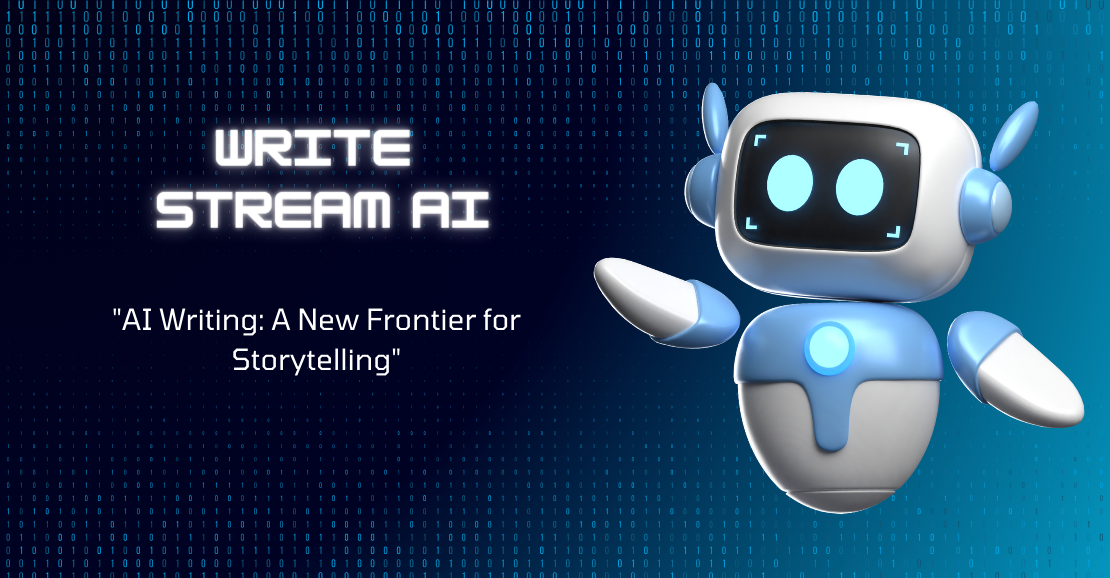AI Writing: A New Frontier for Storytelling
Over the years, the field of artificial intelligence (AI) has made remarkable advancements in various industries, from healthcare to finance. However, one area that has received less attention is its potential impact on the world of storytelling. With AI writing, the way stories are created and consumed is set to undergo a major transformation. This emerging technology has opened up a new frontier for storytelling, raising questions about the future of literature and the role of human creativity.
What is AI Writing?
AI writing, also known as automated storytelling, is the process of using artificial intelligence to generate written content with little to no human intervention. This includes everything from short stories and poetry to news articles and even novels. AI writing can involve various techniques such as natural language processing, machine learning, and algorithms to generate text that mimics human writing.
In recent years, there has been a surge in the development and use of AI writing tools, with major companies like OpenAI, Google, and Amazon investing heavily in this technology. These tools aim to help produce written content at a faster rate and with a high level of accuracy, making them an attractive option for businesses and individuals looking to streamline their writing processes.
The Advantages of AI Writing
One of the main advantages of AI writing is its ability to produce written content at a much faster rate than humans. With AI, a story could be written, edited, and published within minutes, eliminating the need for long hours of research and writing. This speed and efficiency may also lead to a reduction in production costs, making it accessible to a wider audience.
AI writing also has the potential to generate a large volume of content, which may be particularly useful in fields such as journalism, where the demand for fast and accurate news is high. Additionally, AI writing tools are not limited by human biases or limitations, which may result in more diverse and inclusive writing.
The Impact on Storytelling
As with any new technology, AI writing has sparked debates about its impact on storytelling and the role of human creativity. Some argue that AI writing will lead to the decline of traditional human storytelling, while others believe it will enhance the creativity and productivity of human writers.
One concern is that with AI writing, there is a risk of losing the emotional connection that comes with human storytelling. Stories often evoke emotions and empathy in readers, which could be lacking in AI-generated content. Additionally, there are concerns about the ethical implications of AI writing, particularly when it comes to plagiarism and copyright issues.
On the other hand, supporters of AI writing argue that it will not replace human creativity, but rather complement it. They believe that AI can assist writers with mundane tasks, freeing up time for more complex and imaginative thinking. This, in turn, could lead to a more diverse range of stories and perspectives being produced.
The Future of AI Writing
Despite the debates surrounding its impact, it is clear that AI writing is here to stay. As the technology continues to develop and improve, it is likely to become even more prevalent in the writing world. This may lead to changes in how we consume and interact with stories, such as through interactive storytelling and personalized content.
Furthermore, the potential for AI writing to break language barriers and enable writers to easily translate their work into different languages could open up a global audience for storytellers.
In conclusion, AI writing is a new frontier for storytelling, with the potential to revolutionize the way stories are created and shared. While there are concerns about its impact, it is evident that this technology has the power to enhance human creativity and productivity. As we continue to explore this new frontier, it is crucial to strike a balance between the benefits of AI writing and the preservation of human storytelling traditions.























Write your comment
Cancel Reply